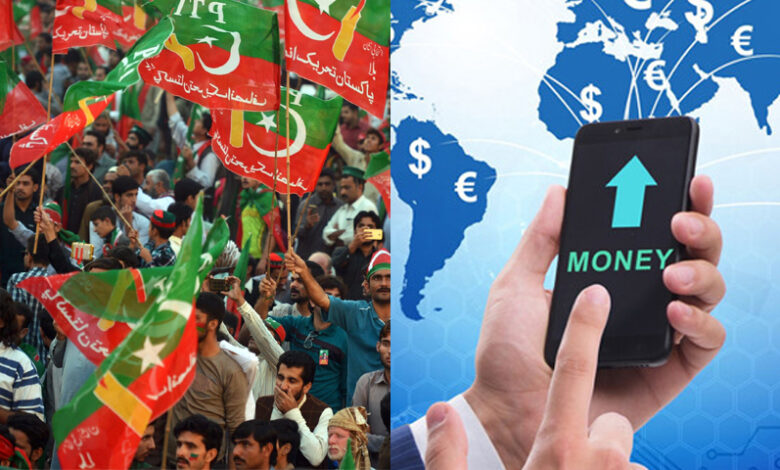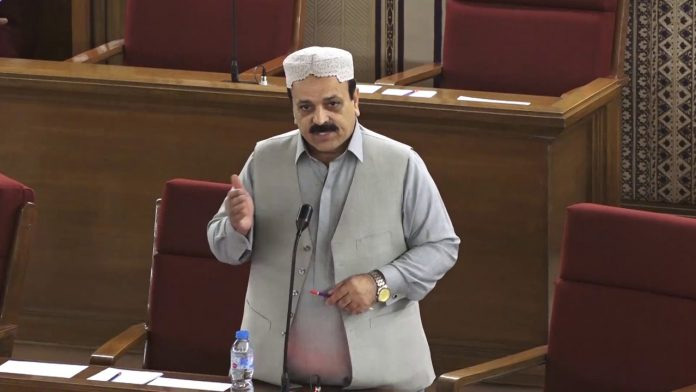Imran Khan Announces Civil Disobedience Movement, Urges Overseas Pakistanis to Halt Remittances

Islamabad:Pakistan Tehreek-e-Insaf (PTI) founder and former Prime Minister Imran Khan has announced the launch of a civil disobedience movement starting from December 14. As part of this movement, he is expected to appeal to overseas Pakistanis to stop sending remittances to Pakistan. If this appeal is successful, it could lead to a significant reduction in remittances, which are a vital financial lifeline for Pakistan’s economy.
**Impact of Remittances on Pakistan’s Economy**
Remittances, the money sent by overseas Pakistanis to their families back home, have long been a key contributor to Pakistan’s economy. According to records from the Ministry of Finance and the State Bank of Pakistan, there has been a fluctuation in the inflow of remittances in recent years. In FY 2021, overseas Pakistanis sent $29.45 billion, while in FY 2022, a record $31.237 billion was remitted to Pakistan. However, this number declined to $27.332 billion in FY 2023, before recovering to $30.25 billion in FY 2024.
**Top Countries Contributing to Pakistan’s Remittances**
The largest share of remittances comes from countries with significant Pakistani diaspora populations. Saudi Arabia consistently remains the top contributor, followed by the United Arab Emirates (UAE), the United Kingdom (UK), the United States (US), and other Gulf countries. In FY 2023, Saudi Arabia sent $6.53 billion in remittances, followed by the UAE with $4.65 billion and the UK with $4 billion.
In FY 2024, Saudi Arabia increased its contribution to $7.42 billion, while the UAE sent $5.53 billion, and the UK sent $4.52 billion. For the month of October 2024 alone, remittances from Saudi Arabia amounted to $760 million, followed by $620 million from the UAE and $429 million from the UK.
**Experts Weigh In on the Impact of Civil Disobedience Movement**
Senior journalist Ansar Abbasi commented on the potential effects of the civil disobedience movement, noting that the majority of overseas Pakistanis send remittances to support their families’ daily expenses or to invest in property and businesses in Pakistan. Abbasi suggested that while Imran Khan’s call for halting remittances might have some impact, it is unlikely to significantly reduce the amount of money being sent, especially from financially stable Pakistani families in the US, UK, and Europe.
**Challenges and Economic Implications**
The success of Imran Khan’s appeal to overseas Pakistanis could severely affect the country’s economic stability, particularly given that remittances play a crucial role in supporting the domestic economy. If this strategy leads to a prolonged reduction in remittances, it may exacerbate Pakistan’s existing economic challenges, including inflation and a worsening fiscal deficit.
The situation remains fluid, and both the government and opposition parties will be closely monitoring the developments of this civil disobedience campaign and its potential consequences for the national economy.






